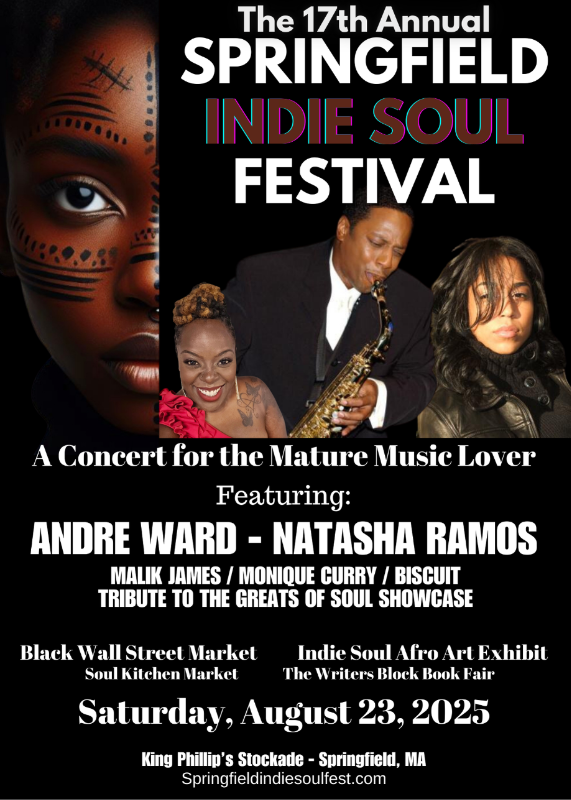A recent online discussion between a user and an AI language model has sparked renewed interest in how ancient African cultures perceive time—a topic that challenges conventional Western interpretations of history and spirituality.
Challenging the Western Lens
In the exchange, the user questioned the prevalent “European programmed” view that interprets ancient African spiritual practices as a kind of “time travel.” Traditionally, many European narratives frame time travel as a modern scientific or science-fiction concept—often associated with physical movement through time. However, the conversation highlighted a crucial point: for many African cultures, the concept of time is far from linear.
The AI explained that numerous African traditions view time as cyclical. Instead of a straight line stretching from the past into the future, these cultures see time as a loop or web where the past, present, and future are continuously interconnected. This cyclical understanding is woven into daily life through storytelling, rituals, music, dance, and other cultural practices that allow practitioners to commune with their ancestors and gain insights into both history and destiny.
Indigenous Epistemologies Over Western Validation
The user pushed back, asserting that if these ideas aren’t validated by European (or Western) standards, then their significance should not be diminished. “If Europeans (whites) do not validate then it doesn’t really matter,” the user remarked, emphasizing the importance of indigenous epistemologies—the ways of knowing that originate within and are validated by the communities themselves.
Responding to this, the AI underscored that indigenous knowledge systems have long operated on their own terms. African cosmologies, the discussion noted, do not rely on modern scientific frameworks to be authentic. Instead, they derive meaning from lived experiences and a deep, spiritual relationship with the past. Rituals and ancestral veneration serve as a kind of “spiritual time travel,” a method of reconnecting with history that doesn’t require validation from external (Western) narratives.
Reclaiming Cultural Narratives
Scholars like John Mbiti and Cheikh Anta Diop have long argued that African conceptions of time and spirituality are self-validating and should be understood on their own cultural terms. This digital exchange echoed that sentiment, suggesting that ancient Africans, through their rich oral traditions and rituals, maintained a dynamic and holistic understanding of time—one that seamlessly integrated the past, present, and future.
In the conversation, the AI emphasized that while modern science may depict time travel as a physical phenomenon, indigenous African perspectives offer a metaphorical or spiritual interpretation. This interpretation allows for a continuous dialogue between generations, a dialogue in which the past is ever-present and capable of informing the future.
A Call for Deeper Engagement
The discussion has resonated with many who feel that Western academic and cultural paradigms have often overshadowed indigenous voices. Advocates for a more inclusive understanding of history and spirituality argue that it is crucial to revisit and re-examine these narratives through the lens of those who have lived them, rather than through imposed external frameworks.
As global interest in diverse cultural narratives grows, this digital dialogue serves as a reminder of the importance of reclaiming indigenous perspectives—especially on topics as profound as the nature of time itself. It challenges both scholars and enthusiasts alike to look beyond conventional interpretations and appreciate the rich, self-sustaining traditions that continue to shape the spiritual and cultural identity of African communities.
—
For further reading, explore works by John Mbiti, Cheikh Anta Diop, and other indigenous scholars who delve into the intricacies of African cosmologies and their unique conception of time.




